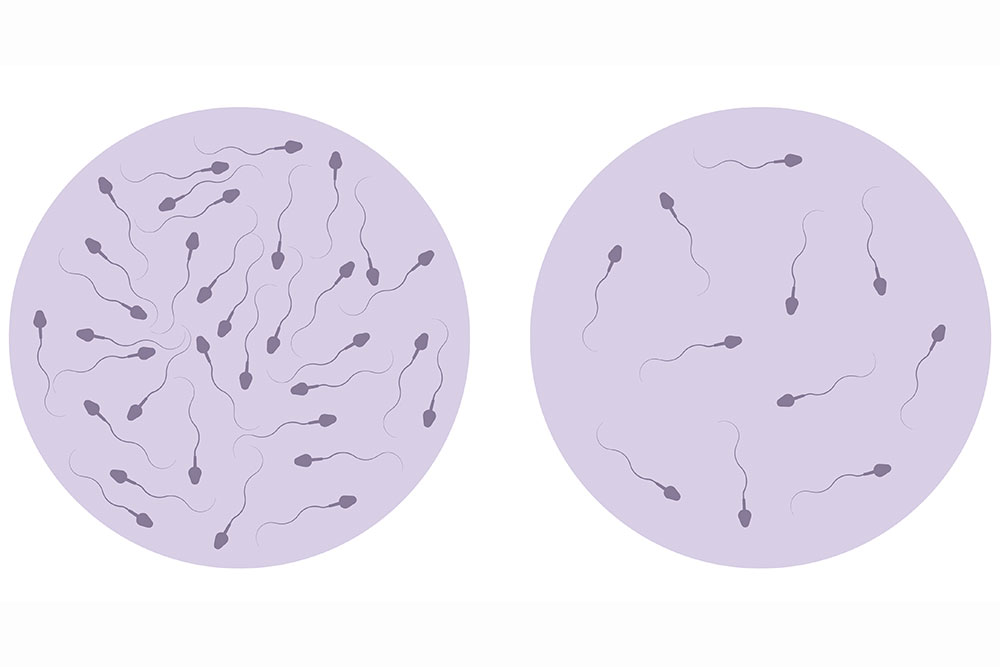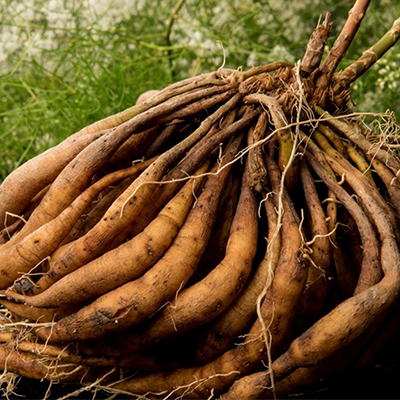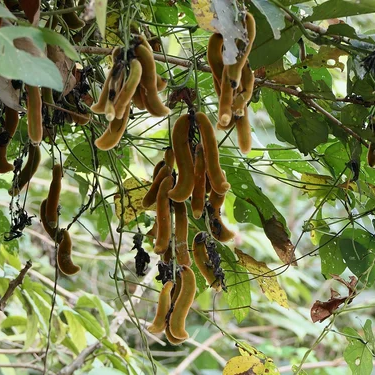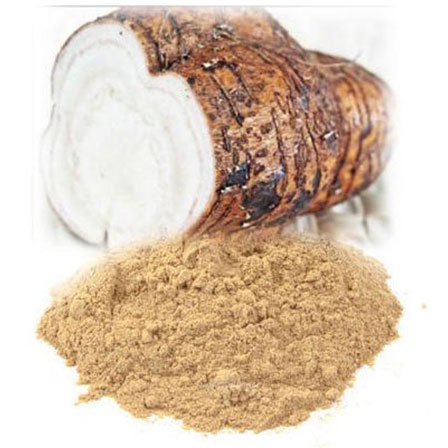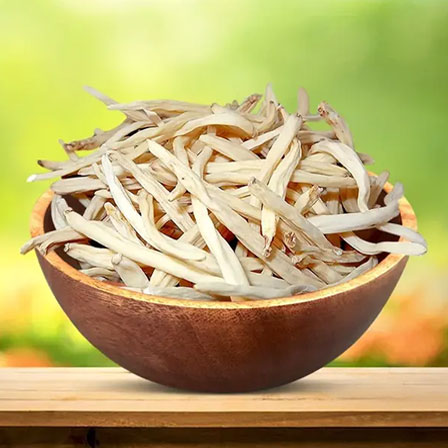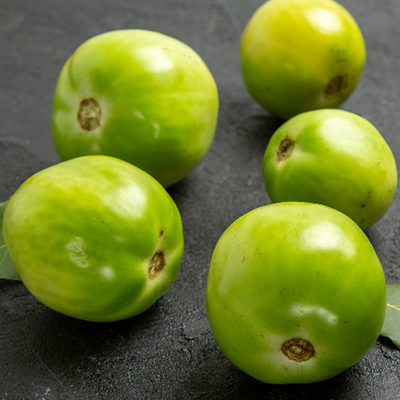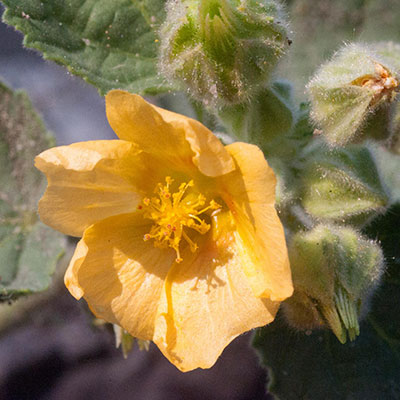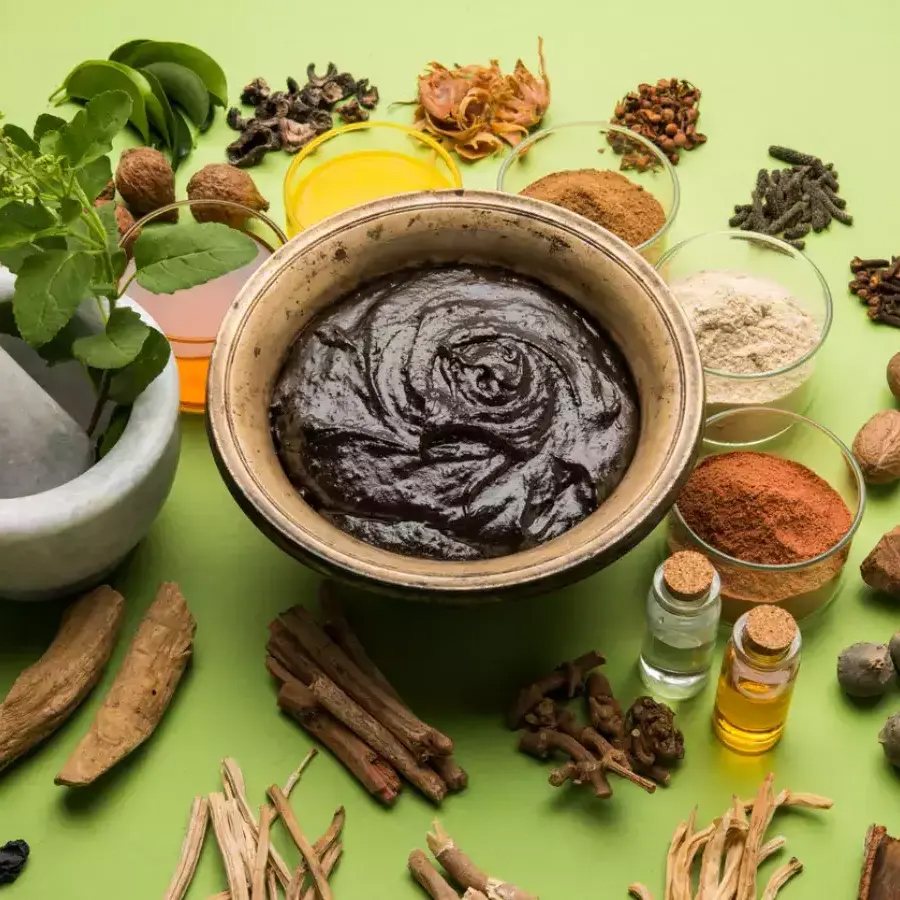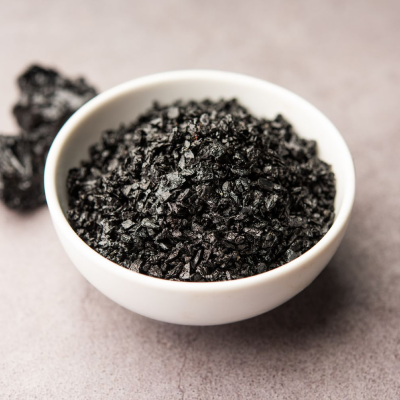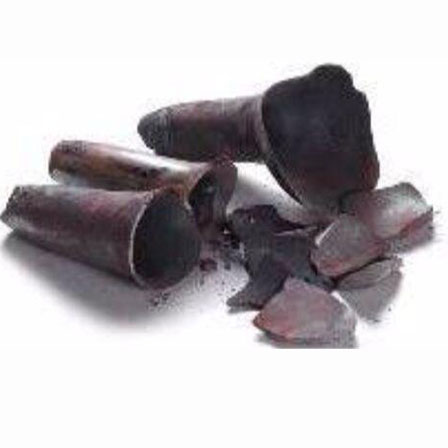Low sperm count, medically called oligospermia, refers to a condition where the number of sperm in a man's semen is lower than normal. A healthy sperm count is considered to be 15 million sperm per milliliter (ml) of semen or more. Having a low sperm count can reduce the chances of fertilizing an egg, leading to difficulties in conceiving.
Causes of Low Sperm Count
1. Medical Causes:
- Hormonal Imbalances: Low levels of testosterone or imbalances in other reproductive hormones.
- Varicocele: Swelling of the veins in the scrotum, which affects sperm production.
- Infections: Conditions like epididymitis, orchitis, or sexually transmitted infections (STIs).
- Retrograde Ejaculation: Semen enters the bladder instead of exiting through the penis.
- Genetic Disorders: Klinefelter syndrome or other chromosomal abnormalities.
2. Lifestyle and Environmental Causes:
- Excessive Heat Exposure: Frequent use of hot tubs or saunas, or working in high-heat environments.
- Obesity: Impacts hormone levels and sperm quality.
- Substance Abuse: Use of drugs, alcohol, and tobacco reduces sperm production.
- Toxins: Exposure to pesticides, heavy metals, or industrial chemicals.
- Stress: Chronic stress can interfere with hormones responsible for sperm production.
3. Other Factors:
- Diet Deficiency: Lack of essential nutrients like zinc, selenium, and vitamins C and E.
- Excessive Ejaculation: Frequent ejaculation may temporarily reduce sperm count.
Symptoms of Low Sperm Count
- Difficulty in conceiving despite regular unprotected intercourse.
- Reduced semen volume during ejaculation.
- Hormonal symptoms like decreased body or facial hair.
- Sexual dysfunctions, such as low libido or erectile issues.
Ayurvedic Perspective on Low Sperm Count
In Ayurveda, low sperm count is referred to as "Shukra Kshaya" (depletion of semen) or "Klaibya" (male infertility). The Shukra Dhatu, or reproductive tissue, is responsible for sperm production and is the final product of digestion and metabolism in the body. An imbalance in Doshas (Vata, Pitta, and Kapha), poor nutrition, excessive stress, and toxin accumulation (Ama) lead to the weakening of Shukra Dhatu, reducing sperm quality and count.
Ayurvedic Treatment for Low Sperm Count
Ayurvedic treatment aims to rejuvenate Shukra Dhatu, balance Doshas, detoxify the body, and enhance overall vitality.
Detoxification (Shodhana):
Panchakarma Therapies:
- Virechana (Therapeutic Purgation): Removes Pitta-related toxins and promotes reproductive health.
- Basti (Medicated Enemas): Helps balance Vata Dosha and strengthens Shukra Dhatu.
- Abhyanga (Oil Massage): Using sesame or medicated oils improves circulation and vitality.
Dietary Recommendations:
Foods to Include:
- Fresh fruits like pomegranate, banana, and dates.
- Nuts and seeds: Almonds, walnuts, and flaxseeds for zinc and omega-3 fatty acids.
- Milk and dairy: Cow’s milk, ghee, and butter to nourish Shukra Dhatu.
- Whole grains and legumes: For essential nutrients.
- Spices: Turmeric, cumin, and cinnamon to improve digestion.
Foods to Avoid:
- Excessively spicy, sour, and oily foods.
- Processed foods and fast foods.
- Caffeine, alcohol, and smoking.
Lifestyle Modifications:
- Physical Activity: Practice yoga and pranayama to reduce stress and improve energy flow to reproductive organs.
- Stress Management: Engage in meditation, relaxation techniques, or hobbies.
- Avoid Overexertion: Overwork and exhaustion deplete Shukra Dhatu.
- Sexual Moderation: Avoid excessive ejaculation and maintain a balanced sexual life.
Internal Medications (Shamana):
Rasayanas (Rejuvenative Herbs):
Ashwagandha (Withania somnifera):
Improves sperm count, motility, and overall vitality.
Shatavari (Asparagus racemosus):
Nourishes reproductive tissue and enhances sperm quality.
Kapikachhu (Mucuna pruriens):
Boosts testosterone levels and sperm production.
Gokshura (Tribulus terrestris):
Improves libido and testosterone levels.
Vidarikand (Pueraria tuberosa):
Strengthens reproductive tissues and prevents premature ejaculation.
Other Effective Herbs:
Safed Musli (Chlorophytum borivilianum):
A potent aphrodisiac and Shukra Dhatu enhancer.
Amalaki (Indian Gooseberry):
An antioxidant that reduces oxidative stress on sperm.
Bala (Sida cordifolia):
Strengthens reproductive channels and improves stamina.
Herbal Formulations:
Chyawanprash :
A Rasayana that rejuvenates the entire body.
Shilajit (Asphaltum) :
Enhances vitality, sperm quality, and energy levels.
Makardhwaja Ras:
Improves sexual health and sperm count.
Prognosis
With proper Ayurvedic treatment, dietary adjustments, and lifestyle changes, sperm count can significantly improve, enhancing fertility.
Prevention
- Maintain a balanced diet rich in nutrients.
- Avoid toxins, heat exposure, and substance abuse.
- Manage stress and maintain regular exercise.
- Regular detoxification with Ayurvedic therapies.
In conclusion, low sperm count is a manageable condition with proper care. Ayurveda offers a holistic approach by addressing the root cause, balancing Doshas, rejuvenating Shukra Dhatu, and promoting overall reproductive health. Integration with modern fertility treatments can further enhance outcomes.


